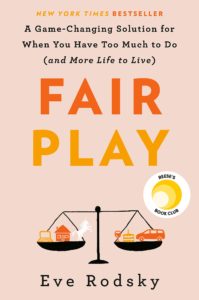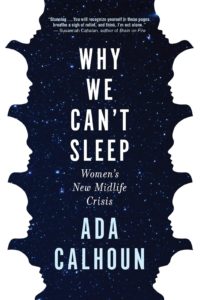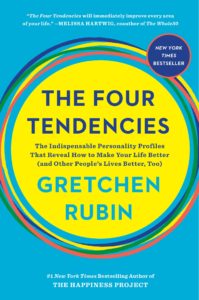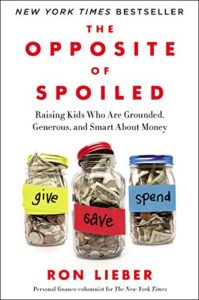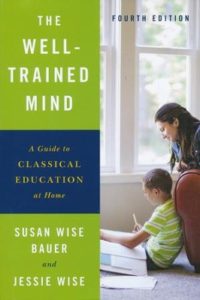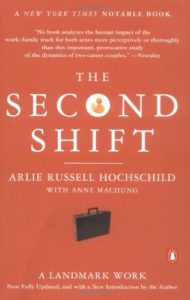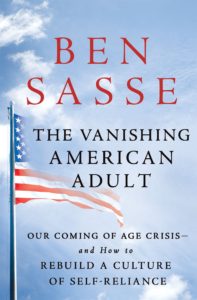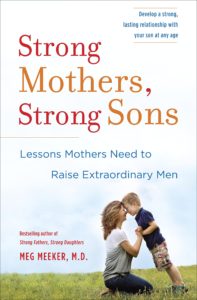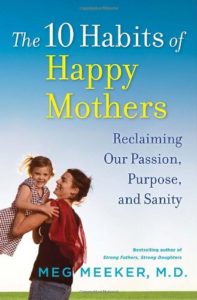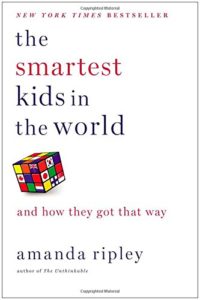
I am an avid reader; I fervently believe books open our minds, hearts and make us better in all ways. And that applies to parenting as well! Starting 10 years ago, I began picking up books related to parenting and motherhood that forced me to delve deeper into what I believed about parenting and what kind of mother I wanted to be. Believe it or not, this takes concentrated thought and effort.
Defining for ourselves what kind of parent we want to be, with clear goals, makes the millions of decisions we make every day easier to manage.
Here are some of the most thought-provoking books I’ve read through the past decade. Note that I am not saying I have adopted the strategies or belief systems advocated in all of these… but they all provide language and force personal reconciliation on some big issues and questions.
Here are some great books on parenting and motherhood:
Note: There are some affiliate links below, and you can read our disclaimer here.
The descriptions are the publisher’s official write ups, not mine.
Raising White Kids: Bringing Up White Kids in a Racially Unjust America
by Jennifer Harvey
“What can we do within our homes, communities and schools? Should we teach our children to be “colorblind”? Or, should we teach them to notice race? What roles do we want to equip them to play in addressing racism when they encounter it? What strategies will help our children learn to function well in a diverse nation?”
Fair Play: A Game-Changing Solution for When You Have Too Much to Do (and More Life to Live)
by Eve Rodsky
“Rodsky interviewed more than five hundred men and women from all walks of life to figure out what the invisible work in a family actually entails and how to get it all done efficiently. With four easy-to-follow rules, 100 household tasks, and a series of conversation starters for you and your partner, Fair Play helps you prioritize what’s important to your family and who should take the lead on every chore from laundry to homework to dinner.”
Why We Can’t Sleep: Women’s New Midlife Crisis
by Ada Calhoun
“In Why We Can’t Sleep, Calhoun opens up the cultural and political contexts of Gen X’s predicament and offers solutions for how to pull oneself out of the abyss—and keep the next generation of women from falling in. The result is reassuring, empowering, and essential reading for all middle-aged women, and anyone who hopes to understand them.”
The Four Tendencies: The Indispensable Personality Profiles That Reveal How to Make Your Life Better (and Other People’s Lives Better, Too)
by Gretchen Rubin
“Gretchen Rubin realized that by asking the seemingly dry question “How do I respond to expectations?” we gain explosive self-knowledge. She discovered that based on their answer, people fit into Four Tendencies: Upholders, Questioners, Obligers, and Rebels. Our Tendency shapes every aspect of our behavior, so using this framework allows us to make better decisions, meet deadlines, suffer less stress, and engage more effectively.”
The Opposite of Spoiled: Raising Kids Who Are Grounded, Generous, and Smart About Money
by Ron Lieber
“The Opposite of Spoiled is both a practical guidebook and a values-based philosophy. The foundation of the book is a detailed blueprint for the best ways to handle the basics: the tooth fairy, allowance, chores, charity, saving, birthdays, holidays, cell phones, checking accounts, clothing, cars, part-time jobs, and college tuition. It identifies a set of traits and virtues that embody the opposite of spoiled, and shares how to embrace the topic of money to help parents raise kids who are more generous and less materialistic.”
The Well-Trained Mind: A Guide to Classical Education at Home
by Susan Wise Bauer
“This extensively revised fourth edition contains completely updated curricula and book lists, links to an entirely new set of online resources, new material on teaching children with learning challenges, cutting-edge math and sciences recommendations, answers to common questions about home education, and advice on practical matters such as standardized testing, working with your local school board, designing a high-school program, preparing transcripts, and applying to colleges.
You do have control over what and how your child learns. The Well-Trained Mind will give you the tools you’ll need to teach your child with confidence and success.”
Battle Hymn of the Tiger Mother
by Amy Chua
“But Chua demands as much of herself as she does of her daughters. And in her sacrifices-the exacting attention spent studying her daughters’ performances, the office hours lost shuttling the girls to lessons-the depth of her love for her children becomes clear. Battle Hymn of the Tiger Mother is an eye-opening exploration of the differences in Eastern and Western parenting–and the lessons parents and children everywhere teach one another.”
The Second Shift
by Arlie Russell Hochschild
“Fifteen years after its first publication, The Second Shift remains just as important and relevant today as it did then. As the majority of women entered the workforce, sociologist and Berkeley professor Arlie Hochschild was one of the first to talk about what really happens in dual-career households. Many people were amazed to find that women still did the majority of childcare and housework even though they also worked outside the home.”
Grit: The Power of Passion and Perseverance
by Angela Duckworth
“Among Grit’s most valuable insights:
*Why any effort you make ultimately counts twice toward your goal
*How grit can be learned, regardless of I.Q. or circumstances
*How lifelong interest is triggered
*How much of optimal practice is suffering and how much ecstasy
*Which is better for your child—a warm embrace or high standards
*The magic of the Hard Thing Rule”
The Vanishing American Adult: Our Coming-of-Age Crisis – and How to Rebuild a Culture of Self-Reliance
by Ben Sasse
“In The Vanishing American Adult, Sasse diagnoses the causes of a generation that can’t grow up and offers a path for raising children to become active and engaged citizens. He identifies core formative experiences that all young people should pursue: hard work to appreciate the benefits of labor, travel to understand deprivation and want, the power of reading, the importance of nurturing your body―and explains how parents can encourage them.”
Strong Mothers, Strong Sons: Lessons Mothers Need to Raise Extraordinary Men
by Meg Meeker
“Boys today face unique challenges and pressures, and the burden on mothers to guide their boys through them can feel overwhelming. This empowering book offers a road map to help mothers find the strength and confidence to raise extraordinary sons by providing encouragement, education, and practical advice…”
The Ten Habits of Happy Mothers: Reclaiming our Passion, Purpose & Sanity
by Meg Meeker
“The Ten Habits of Happy Mothers will show women how to reduce loneliness, anxiety, depression, and low self-esteem by inspiring women to embrace more positive emotions and habits. Using inspirational stories and specific action plans, Dr. Meeker shows mothers how to live more simply, spend time in solitude, understand their value as mothers, embrace healthy friendships, confront their fears, seek hope, find their spiritual center, reconcile their relationships with money, and learn to live boldly and deliberately.”
Growing Up Social: Raising Relational Kids in a Screen Driven World
by Gary Chapman & Arlene Pellicane
“In this digital age, children spend more time interacting with screens and less time playing outside, reading a book, or interacting with family. Though technology has its benefits, it also has its harms.
In Screen Kids Gary Chapman and Arlene Pellicane will empower you with the tools you need to make positive changes. Through stories, science, and wisdom, you’ll discover how to take back your home from an overdependence on screens. Plus, you’ll learn to teach the five A+ skills that every child needs to master: affection, appreciation, anger management, apology, and attention.”
The Smartest Kids in the World: And How They Got That Way
by Amanda Ripley
“Through these young informants, Ripley meets battle-scarred reformers, sleep-deprived zombie students, and a teacher who earns $4 million a year. Their stories, along with groundbreaking research into learning in other cultures, reveal a pattern of startling transformation: none of these countries had many “smart” kids a few decades ago. Things had changed. Teaching had become more rigorous; parents had focused on things that mattered; and children had bought into the promise of education.”
Happy reading!
Last Updated on September 18, 2020 by Mrs. Family Trip


